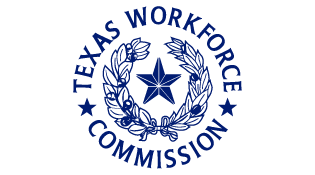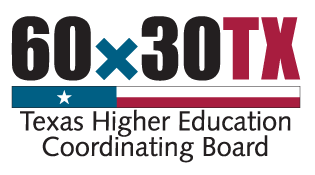“Why should my child or my family apply for FAFSA if we are not low income?” As a parent and educator, I am asked this question often. My response comes from personal experience working with college-bound students and their families for the past 25 years.
Every eligible student who is planning to attend a postsecondary institution (trade school, community college or four-year university) should complete the Free Application for Federal Student Aid (FAFSA). Students who are not eligible for federal financial aid may be eligible for state financial aid using the TASFA (Texas Application for Student Financial Aid).Here are my top three reasons for all students and parents to complete the free application:
To qualify for other aid including scholarships and grants
Some school admissions offices evaluate a student’s qualification for aid and potentially award merit-based aid because the student and parents have completed the FAFSA. Applying for federal financial aid is one of many steps students take to complete a college degree, and educational institutions recognize that.
To access less expensive federal loans that could potentially be forgiven
The high school class of 2018 relinquished $2.6 billion in free financial aid, according to NerdWallet. When students and parents do not complete the FAFSA, they lose out on access to free aid, such as the Pell Grant, or more affordable federal loans. Certain circumstances can lead to loans being forgiven, canceled, or discharged. Explore Federal Student Aid’s forgiveness page for a list of the types of forgiveness available for different types of federal student loans. Regardless of income, many students use loans to help fund their higher education pursuits. However, if the FAFSA is not completed, then federal student aid can’t be accessed.
To improve admission odds
Plain and simple, students who complete the FAFSA demonstrate a higher likelihood of completing the admission application process and ultimately attending college. With money often a barrier to access and completion, it’s easy to see how access to financial aid is essential for postsecondary success. Did you know that families with a combined income of $200,000 or less qualify for federal assistance, usually in the form of loans and other awards, based on completing the FAFSA?
Regardless of the institution a student is pursuing, my recommendation for families is to always complete the FAFSA to open up opportunities in the form of loans, grants, and other scholarships. It’s worth noting that starting in 2021–22, all eligible Texas high schoolers will be required to complete the FAFSA in order to graduate. For more details on preparing your students to apply for financial aid, read our Financial Aid Basics blog.






